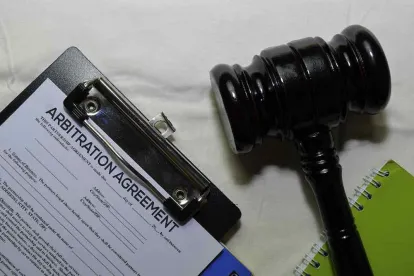In the last ten years alone, SCOTUS and Circuit Courts have shaped the way employers craft and use arbitration agreements with their workforce, and the trend shows no sign of slowing down. In the last few months, recent court decisions have reinforced the notion that employers must always be vigilant and review their agreements to ensure they cover possible claims brought by their employees, including potential whistleblower claims.
Two cases from the Fifth Circuit Court of Appeals underscore the importance of careful drafting of arbitration agreements: Robertson v. Intratek Comput., Inc. and Henry Schein Inc. v. Archer and White Sales Inc.
In Robertson, the Fifth Circuit upheld the decision from the District Court for the Western District of Texas to compel arbitration of the plaintiff’s federal whistleblower claim under 41 U.S.C.S. § 4712, but found that the District Court erred in compelling arbitration of certain claims not covered by the agreement. In particular, the statutory text of § 4712 does not override the presumption of arbitrability afforded by the Federal Arbitration Act, and the arbitration agreement clearly covered claims under “any federal . . . law.” However, the plaintiff could not be compelled to arbitrate his claims against a Veterans’ Administration Official who was not a party to the agreement.
Henry Schein Inc. v. Archer and White Sales Inc., a case which had previously been before SCOTUS, was recently dismissed by SCOTUS, finding that the writ was “improvidently granted.” For employers, this means that the most recent decision from the 5th Circuit Court of Appeals which found that the delegation clause in the arbitration agreement failed to demonstrate a “clear and unmistakable” intent for an arbitrator to decide whether a particular claim is to be arbitrated, still stands.
For now, the key takeaway for employers is two-fold—to update arbitration agreements to ensure that language is clear when delegating dispute about the arbitrability of a particular claim, including appropriate whistleblower claims, to an arbitrator, and to determine whether there are any claims which the employer prefers to be heard by the court.




 />i
/>i
